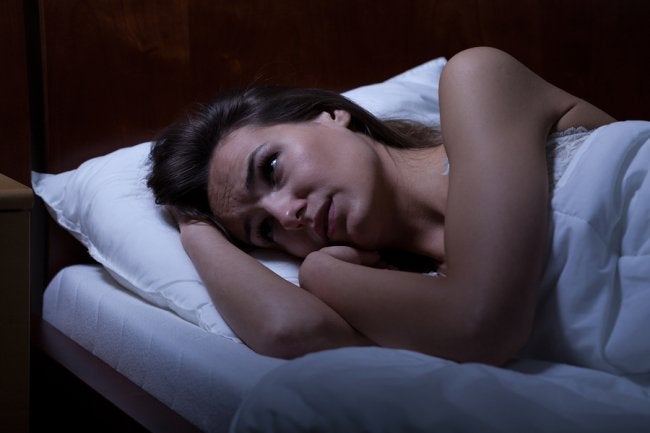Living with Nocturia

Do you wake up several times each night to go to the bathroom? Do you struggle with daytime fatigue because of your nighttime bathroom visits? You could be suffering from nocturia , which is a condition commonly associated with advanced age. It’s important to speak with a urologist about your urinary problem because it may signal an underlying medical condition that requires treatment. Receiving urology care can also help you achieve restful sleep at night.
Evaluating the Underlying Cause
When you see a urologist to discuss your urinary issues, he or she will try to determine the underlying cause before recommending an appropriate treatment plan. Sometimes, nocturia is caused by lifestyle issues, but often it’s the result of medical conditions such as untreated diabetes, congestive heart failure, sleeping disorders, or lower extremity edema. It can also be the result of other urologic conditions such as bladder obstruction, overactive bladder, a urinary tract infection (UTI), or benign prostatic hyperplasia, also known as an enlarged prostate. If one of these conditions is to blame for your symptoms, your doctor can suggest options for treating the underlying cause to alleviate your urologic symptoms.
Considering Medications
Your treatment options may include medications . Some of the most common medications prescribed for nocturia include anticholinergic drugs like darifenacin, oxybutynin, or tolterodine. These drugs can relax the bladder to prevent bladder spasms and reduce the risk of overactive bladder. Before taking any new medications, be sure to tell your urologist about any drugs you may already be using.
Making Lifestyle Changes
In addition to medical management, your urologist may recommend making simple lifestyle changes to help you sleep through the night. Patients with nocturia should be careful to limit their fluid intake in the evening hours, especially caffeinated and alcoholic beverages. Elevation of the legs throughout the day can alleviate the accumulation of fluid. You might also need to adjust medications you may already be taking, such as diuretics. Taking diuretics earlier in the day can help prevent nighttime bathroom visits.
With help from Urology Associates, P.C., you can successfully manage nocturia and finally get a good night’s sleep. Our urology team in Tennessee also works with patients who suffer from sexual dysfunction, incontinence, and urinary tract infections. Call our office today at (855) 901-1338 to request a confidential consult.
Recent Posts
categories
- Uncategorized
- Bladder Cancer
- Women's Sexual Health
- MonaLisa Touch
- Urology
- Urologist
- Erectile Dysfunction
- Kidney Cancer
- Incontinence
- Prostate
- MonaLisa Touch Laser Treatment
- Kidney Stones
- Urinary Tract Infections
- Event
- Sexual Dysfunction
- Testicular Cancer
- Prostate Cancer
- Urology Surgery Center
- urinary incontinence
- vaginismus
- noncoital pain disorder
- Hypoactive Sexual Desire Disorder
- Infographic
- provenge
- Xofigo
- robotic surgery
- hormone replacement
- diabetes
- renal cell carcinoma
- pelvic pain
- hematuria
- sexual health
- chronic testicular pain
- premature ejaculation
- Men's Health Clinic
- Dr. Melvin Seard
- Interstitial Cystitis
- vasectomy
- overactive bladder
- vaginal atrophy
- nocturia
- bladder infections
- urethral strictures
- Acute Epididymitis
- low sex drive
- circumcision
- pelvic floor dysfunction
- Peyronie's Disease
- prostatitis
- female sexual dysfunction
- varicocele
- difficult urination
- low libido
- PSA levels
- male fertility
- penile prosthesis
- prostatic intraepithelial neoplasia
- male infertility
- estrogen levels
- nurse navigator
- stress urinary incontinence
- vaginal yeast infection
- elevated psa
- painful sex
- adult circumcision
- epididymitis
- OAB
- kidney infection
- penile cancer
- pelvic organ prolapse
- Vasectomy Reversal
- bone health
- cystectomies
- clinical trials
- bloody urine
- Advanced Therapeutic Center
- WISH MedSpa
- neurogenic bladder
- WISH Team
- prostate biopsies
- BPH
- fecal incontinence
- lithotripsy
- osteoporosis
- kidney cysts
